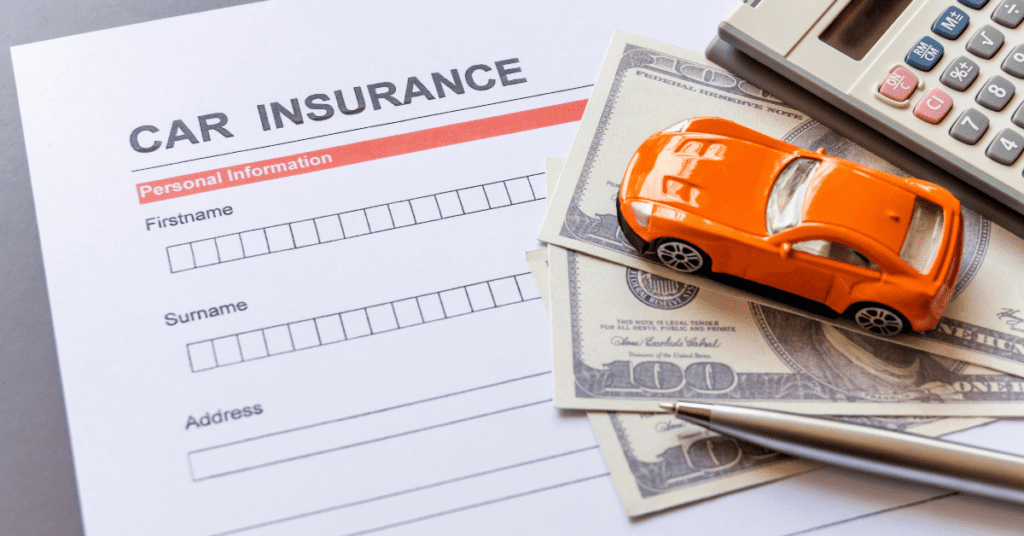Will Auto Insurance Cover Engine Failure? Everything You Need to Know
Understanding the ins and outs of auto insurance can be tricky, especially regarding specific scenarios like engine failure. In this comprehensive guide, we will explore whether auto insurance covers engine failure, the circumstances under which it might, and alternative options available to car owners facing this predicament.
Understanding Auto Insurance: A Brief Overview
What Is Auto Insurance?
Auto insurance is a contract between you and an insurance company that provides financial protection against physical damage or bodily injury resulting from traffic collisions and against liability that could arise from incidents in a vehicle. Furthermore, it may offer financial protection against vehicle theft, damage to the vehicle sustained from events other than traffic collisions, such as keying, weather, or natural disasters, and damage sustained by colliding with stationary objects.
Types of Auto Insurance Coverage
Auto insurance typically includes several types of coverage. Liability coverage protects against legal responsibility to others for bodily injury or property damage. Collision coverage pays for damage to your car from a collision with an object or another vehicle. Comprehensive coverage covers non-collision-related incidents such as theft, vandalism, or natural disasters. However, understanding how these coverages apply to engine failures requires deeper exploration.
Is Engine Failure Covered by Auto Insurance?
Engine Failure: A Common Concern
Engine failure is a significant concern for many drivers. It can result from various factors, including mechanical issues, poor maintenance, or manufacturing defects. With the high cost of engine repairs or replacements, many car owners wonder if their auto insurance policy will cover such failures.

When Auto Insurance Covers Engine Failure
While standard auto insurance policies do not typically cover mechanical breakdowns like engine failure due to wear and tear or lack of maintenance, there are exceptions. Insurance may cover repairs or replacement if engine failure results from a covered peril, such as a collision or comprehensive event (like flooding). Understanding the specific terms and conditions of your policy is crucial.
Exploring Comprehensive and Collision Coverage
Comprehensive Coverage and Engine Failure
Comprehensive coverage is designed to protect against non-collision-related incidents. Comprehensive coverage may apply if engine failure results from a covered event, such as water damage from flooding. For instance, if your car is caught in a flood and the engine is damaged, your comprehensive coverage could cover the repair costs.
Collision Coverage: An Unlikely Ally
Collision coverage typically applies when your vehicle is damaged in a collision, not for mechanical breakdowns. However, if an engine failure results directly from a collision, such as a crash that causes immediate engine damage, your collision coverage might come into play. Always review your policy details to understand your coverage limits.
The Role of Manufacturer Warranties and Extended Warranties
Manufacturer Warranties: A Safety Net
New cars usually come with a manufacturer warranty, which often covers engine failures due to defects in materials or artistry. These warranties typically last for a specific period or mileage, offering peace of mind against unexpected mechanical problems. However, they do not cover failures resulting from misuse or lack of maintenance.
Extended Warranties: Additional Protection
Extended warranties or mechanical breakdown insurance (MBI) can provide additional protection once the manufacturer’s warranty expires. These plans can cover engine failures caused by mechanical issues, offering a broader safety net than typical auto insurance policies. However, they come with their own terms, conditions, and costs.
Maintenance and Preventive Measures: A Proactive Approach
Importance of Regular Maintenance
Regular vehicle maintenance can prevent many causes of engine failure. Routine oil changes, timely inspections, and addressing minor issues before they escalate are crucial. Maintenance keeps your car running smoothly and ensures that it remains in compliance with warranty requirements.
Tips for Preventing Engine Failure
Preventing engine failure involves regular check-ups and understanding your vehicle’s needs. Attention to warning signs, such as unusual noises, reduced performance, or dashboard warning lights. Keeping a maintenance log can help track services and repairs, providing valuable information if you need to make a warranty or insurance claim.
Filing an Insurance Claim for Engine Failure
Steps to Take When Filing a Claim
If you believe your engine failure is covered under your auto insurance policy, promptly contact your insurance company. Provide detailed information about the incident, including the failure’s date, time, and nature. You may need maintenance records or other documentation to support your claim.
What to Expect During the Claims Process for Auto Insurance
During the claims process, an adjuster may inspect your vehicle to assess the cause of engine failure. They will determine if it falls under a covered peril. If approved, your insurance company will coordinate repairs or replacements. Understanding your policy’s deductible and coverage limits is essential, as these factors affect out-of-pocket costs.

Alternative Solutions for Engine Repair Costs
Exploring Other Financial Options
If your auto insurance does not cover your engine failure, consider alternative financial options. Some auto repair shops offer payment plans or financing options to help manage repair costs. Personal loans or credit cards with favorable terms could also provide the necessary funds for engine repairs or replacement.
Considering Used Engines or Rebuilt Options
In some cases, replacing your engine with a used or rebuilt one can be more cost-effective than purchasing a new engine. Many reputable shops offer warranties on used or rebuilt engines, providing some reliability assurance. Research your options thoroughly to ensure quality and compatibility with your vehicle.
Conclusion: Navigating Auto Insurance and Engine Failure
Making Informed Decisions about auto insurance
Understanding the nuances of auto insurance coverage for engine failure empowers you to make informed decisions. While standard policies often exclude mechanical breakdowns, exceptions exist for covered perils. Exploring additional protection options, such as extended warranties, can provide peace of mind.
Staying Proactive and Prepared
Being proactive in maintaining your vehicle, comprehending your insurance policy, and exploring financial alternatives ensures you are prepared for unexpected engine issues. By staying informed and proactive, you can navigate the complexities of auto insurance and keep your vehicle in optimal condition.
Final Thoughts
Navigating the complexities of auto insurance and engine failure requires a thorough understanding of your policy and proactive maintenance. While auto insurance policies usually don’t cover engine failures due to wear and tear, coverage may exist for failures resulting from covered perils. Additionally, manufacturer warranties, extended warranties, and alternative financial solutions can provide valuable protection and assistance. By staying informed and prepared, you can effectively manage and mitigate the economic impact of engine failure.

